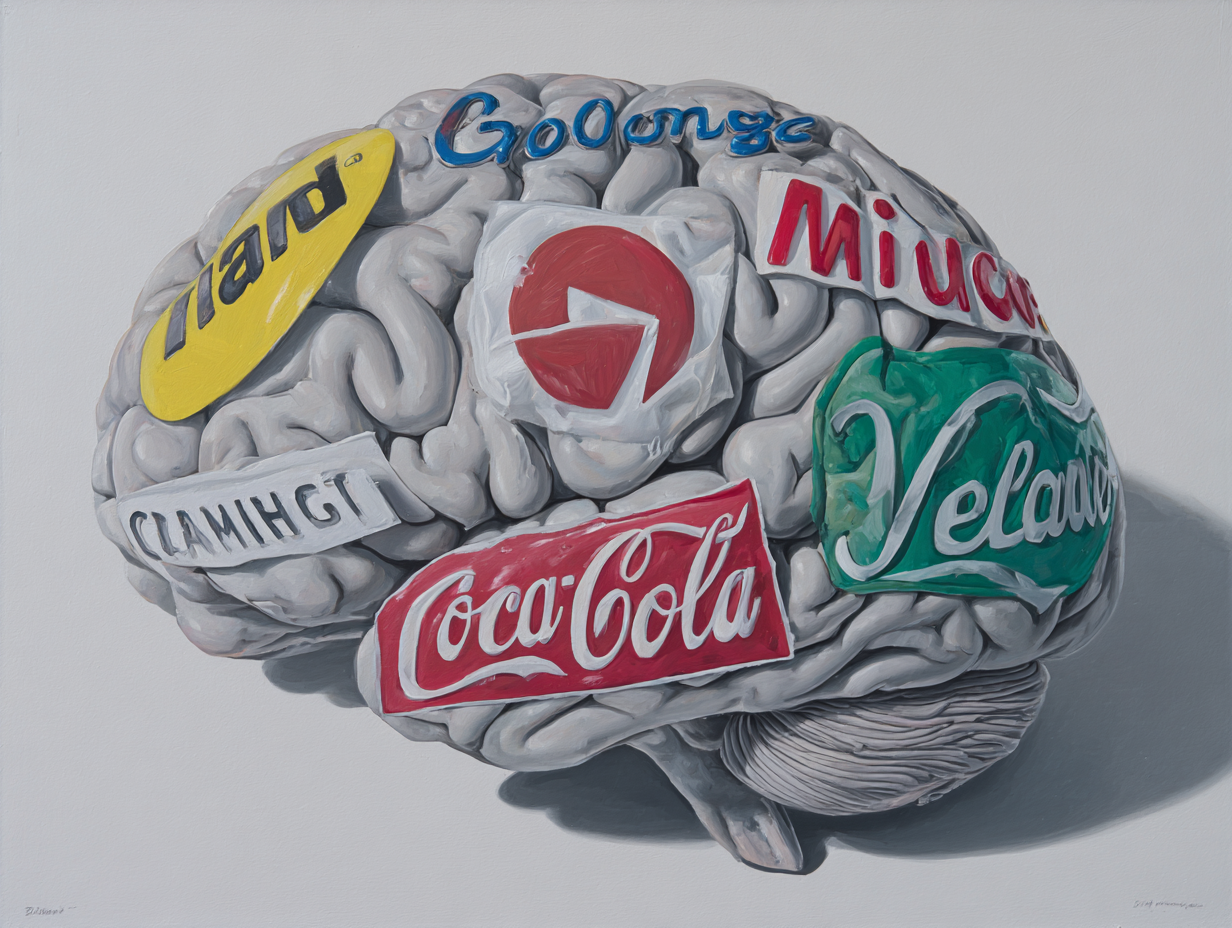Boider began in April 2010 as a company called Cabiros. The company was founded to work hard for clients and offer simple, efficient solutions in design and marketing. In 2012, the decision was made to focus exclusively on the healthcare community, and the name was changed to Boider. Boider is an acronym of Boethos Ideas Ergasia, which roughly translates to activities that help to develop ideas.
After over a decade of helping people in the Healthcare community with their Marketing and Web design needs, Boider shifted its efforts towards the educational aspect, focusing on Neuroscience and Neuromarketing putting a heavy emphasis on the understanding of Cognitive Biases.

Fuelled by the profound insights offered by Neuromarketing, we are setting out to explore the rich tapestry of human behavior. Our journey is rooted in the belief that the intricate interplay of neuroscience and psychology is key not only to comprehending consumer behavior but also to understanding the very essence of human relationships.
We are passionate about uncovering the neurological and psychological underpinnings that drive our interactions, feelings, and connections with others. This exploration is about more than just business or marketing; it’s about enriching our understanding of human dynamics in all spheres of life.
Neuromarketing is a groundbreaking field that sits at the intersection of neuroscience and marketing. It represents an innovative approach to understanding consumer behavior by exploring how the brain responds to marketing stimuli. Neuromarketing leverages advanced technologies like functional Magnetic Resonance Imaging (fMRI) and Electroencephalography (EEG) to observe the brain’s activity in response to various marketing campaigns, products, or experiences. This scientific approach offers unprecedented insights into the subconscious preferences and decision-making processes of consumers.
The influence of psychology in neuromarketing is profound. Psychological theories and principles form the backbone of this field, as they help interpret the data collected through neurological studies. For instance, concepts from cognitive psychology are used to understand how consumers process information and make decisions. Emotional psychology, on the other hand, helps in deciphering the emotional connections that consumers develop with brands and products. By integrating these psychological insights with neurological data, neuromarketing provides a more holistic view of consumer behavior.

Moreover, neuromarketing taps into various psychological phenomena, such as the ‘halo effect’, where the perception of one trait (such as a brand’s ethics) influences opinions about other traits (like product quality). It also considers the impact of social proof, where consumers are influenced by the actions and preferences of others. By understanding these and other psychological biases and heuristics, marketers can craft strategies that resonate more effectively with their target audience.
In summary, neuromarketing is not just about understanding what consumers think, but more about why they think the way they do. This deeper dive into the human psyche, enabled by the blend of neuroscience and psychology, is revolutionizing the way businesses approach marketing and consumer engagement.
For more information, please contact contact@boider.com